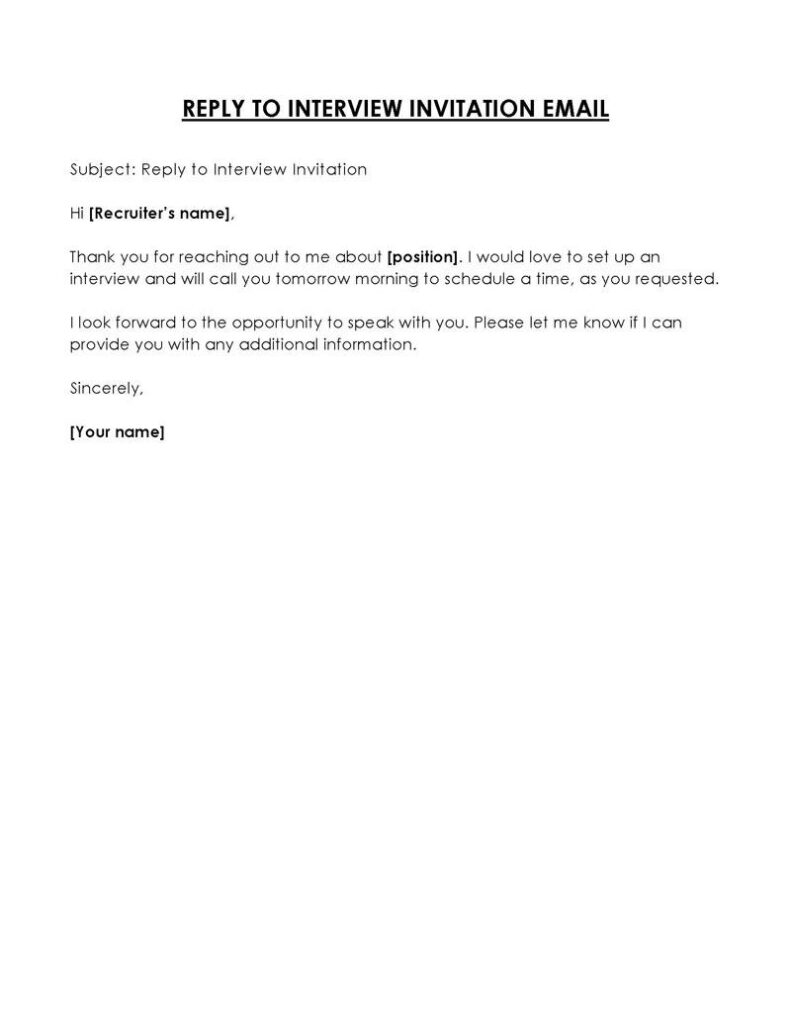Overview: Timber Trade Dynamics in South Sudan
Nestled within South Sudan’s turbulent landscape, the timber industry has grown into a vital yet controversial economic pillar. Revered as the “king of woods,” mahogany and other dense hardwoods are not only central to local livelihoods but have also become a financial lifeline for armed groups involved in the country’s prolonged conflict. A recent ENACT Africa analysis reveals that this booming sector is deeply entangled with illegal logging, corruption, and environmental harm, raising pressing concerns about sustainable management and governance. As South Sudan navigates its intricate socio-political challenges, the consequences of timber exploitation ripple beyond mere economics—impacting peace efforts, security frameworks, and ecological stability.
Armed Factions Capitalizing on Timber Wealth
In South Sudan, the extraction and trade of valuable hardwoods such as African mahogany have evolved into a significant source of income for military factions. This profitable market not only enriches commanders but also intensifies existing conflicts by funding armed operations. Government decrees promoting logging under economic development pretexts often overlook environmental costs and community displacement caused by deforestation.
Key stakeholders driving this illicit trade include:
- Military leaders who directly benefit from timber export revenues.
- International corporations that frequently disregard legal compliance to facilitate unauthorized logging.
- Corrupt government officials who manipulate policies to protect military interests at the expense of regulation.
The nexus between military power and natural resource exploitation is evident in how profits from timber sales funnel back into sustaining conflict zones. Financial audits suggest that millions generated annually support armed groups’ budgets rather than public welfare or conservation efforts. The table below illustrates estimated annual earnings from timber exports over recent years:
| Year | Approximate Revenue (USD) |
|---|---|
| 2020 | $50 million |
| 2021 | $75 million |
| 2022 | $100 million+ |
Environmental Fallout from Unsustainable Logging Practices in South Sudan’s Forests
The unchecked harvesting of trees across South Sudan poses severe threats to biodiversity and ecosystem health. Illegal logging operations disproportionately target prized species like African mahogany—pushing them toward endangerment—and cause widespread habitat loss affecting countless wildlife populations.
Beyond species decline, deforestation disrupts critical ecological functions including:
- Biodiversity Loss: Destruction of habitats leads to dwindling populations among endemic plants and animals.
- Deterioration of Soil Quality: Tree removal accelerates erosion processes that degrade arable land productivity.
- Meteorological Changes: Reduced forest cover diminishes carbon sequestration capacity contributing to climate change acceleration.
- Dysregulation of Hydrological Cycles: Forest depletion alters rainfall patterns causing increased flooding risks during wet seasons alongside intensified drought conditions during dry spells.
These environmental shifts threaten food security for rural communities dependent on stable ecosystems while undermining long-term agricultural viability.
Approaches Toward Sustainable Forestry Management & Industry Oversight in South Sudan
Addressing these intertwined challenges requires robust policy frameworks balancing economic development with ecological preservation. Effective regulation must incorporate advanced monitoring technologies alongside grassroots participation to ensure accountability throughout supply chains.
Recommended strategies include:
- Create Protected Reserves: Establish legally designated conservation zones where logging is prohibited or strictly controlled to safeguard critical habitats.< / li >
- Empower Community Forestry Initiatives:< / b > Engage local populations as stewards managing forests sustainably while generating alternative income sources through eco-tourism or agroforestry.< / li >
- Implement Certification Programs:< / b > Promote internationally recognized standards verifying sustainable harvesting practices ensuring traceability from forest to market.< / li >
- Enforce Stringent Legal Measures:< / b > Strengthen penalties against illegal loggers coupled with transparent judicial processes deterring violations effectively.< / li >
< / ul >Collaboration among government agencies, NGOs specializing in conservation, private sector actors committed to ethical sourcing—and international partners—is essential for crafting inclusive policies reflecting diverse stakeholder interests.
To highlight potential benefits derived from regulated versus unregulated forestry sectors globally (with parallels applicable locally), consider this comparative overview based on World Bank data analyzing Central African forestry economies:
Dimension< / th > Regulated Sector< / th > Unregulated Sector< / th > tr > thead > < td data - label = "Dimension" style = "font-weight:bold;" aria - hidden = "true" tabindex = "-1" role = "presentation" class = "" style= "font-weight:bold;">Environmental Impact< td data-label= "Regulated Sector">Reduced deforestation rates; enhanced biodiversity protection< td data-label= "Unregulated Sector">High rates of forest loss; extensive habitat destruction < td style= font-weight:bold; aria-hidden=true tabindex=-1 role=presentation class="">Economic Outcomes Sustained employment opportunities; stable commodity pricing Poor long-term returns despite short-term gains < td style= font-weight:bold; aria-hidden=true tabindex=-1 role=presentation class="">Community Benefits table >Energized local economies through participatory management Marginalization leading to livelihood insecurity Final Reflections: Balancing Economic Potential with Peacebuilding Efforts in South Sudan’s Timber Industry
South Sudan’s lucrative hardwood trade presents both an opportunity for economic advancement and a challenge exacerbating ongoing instability within its borders. While demand for premium timbers continues rising internationally—offering substantial revenue streams—the current dynamics reveal how profits often fuel militarized conflict rather than community development or environmental stewardship.
ENACT Africa’s findings underscore an urgent call for comprehensive reforms emphasizing transparency, sustainability practices aligned with global standards, and inclusive governance mechanisms involving all relevant parties—from local communities up through national authorities—to break cycles linking resource wealth with violence.
Without decisive action integrating strict oversight measures alongside socio-economic alternatives tailored toward affected populations’ needs,the promise embedded within these natural resources risks remaining unrealized amid persistent turmoil.This necessitates heightened engagement by regional bodies,and international stakeholders committed not onlyto preserving biodiversity but also fostering durable peace across oneof Africa’s youngest nations.
- Implement Certification Programs:< / b > Promote internationally recognized standards verifying sustainable harvesting practices ensuring traceability from forest to market.< / li >

